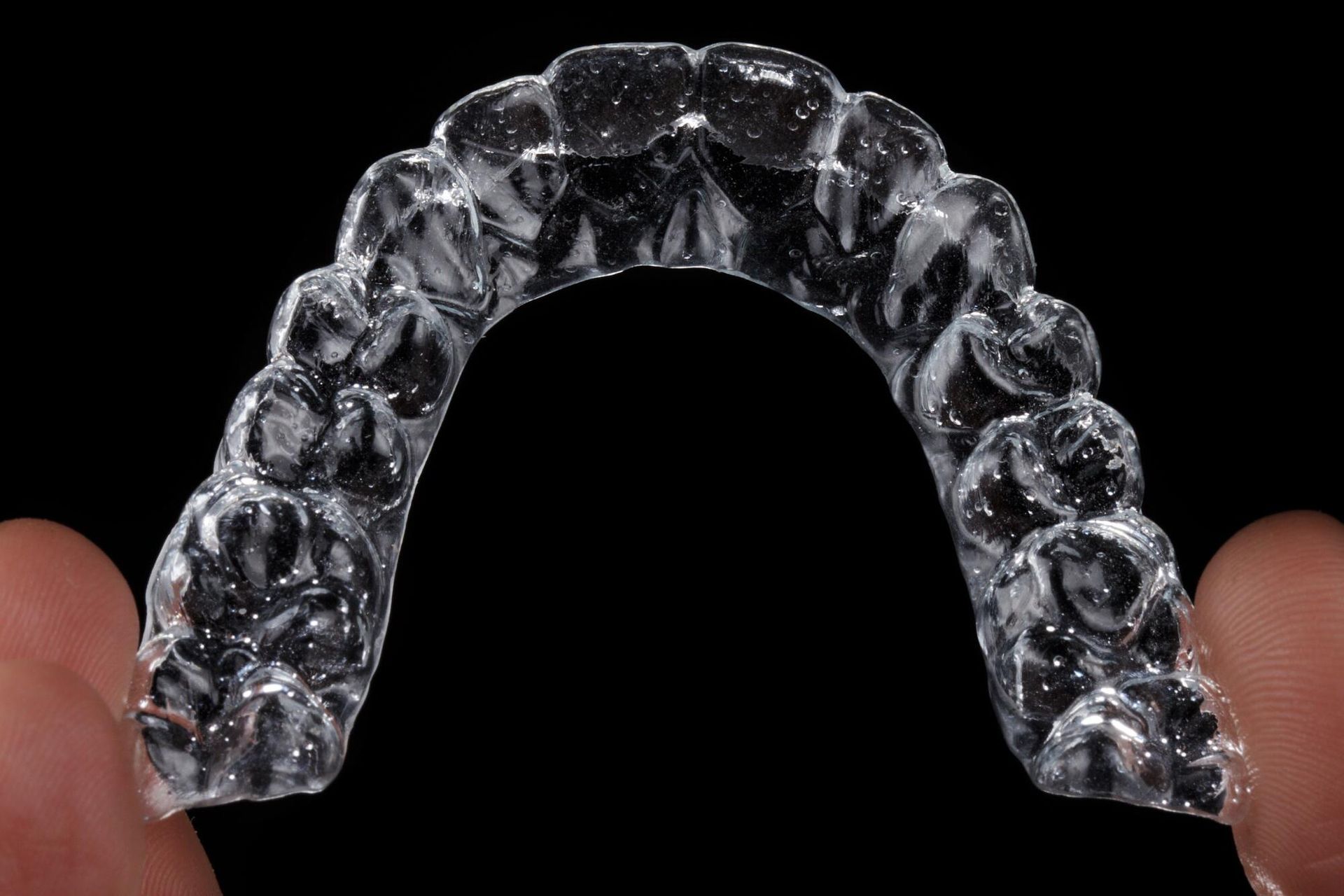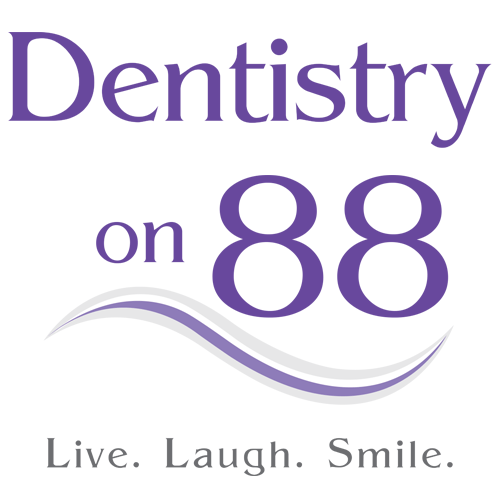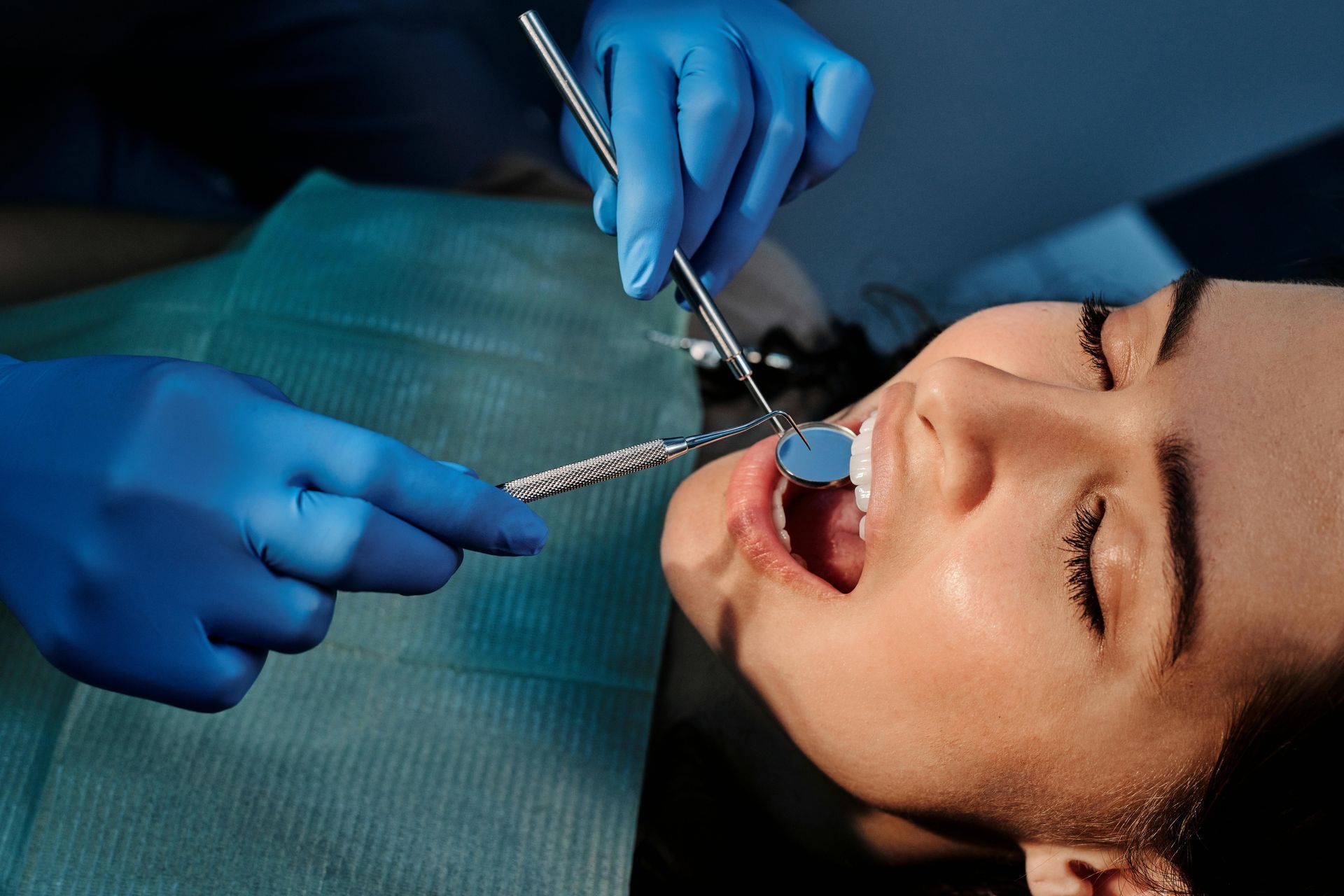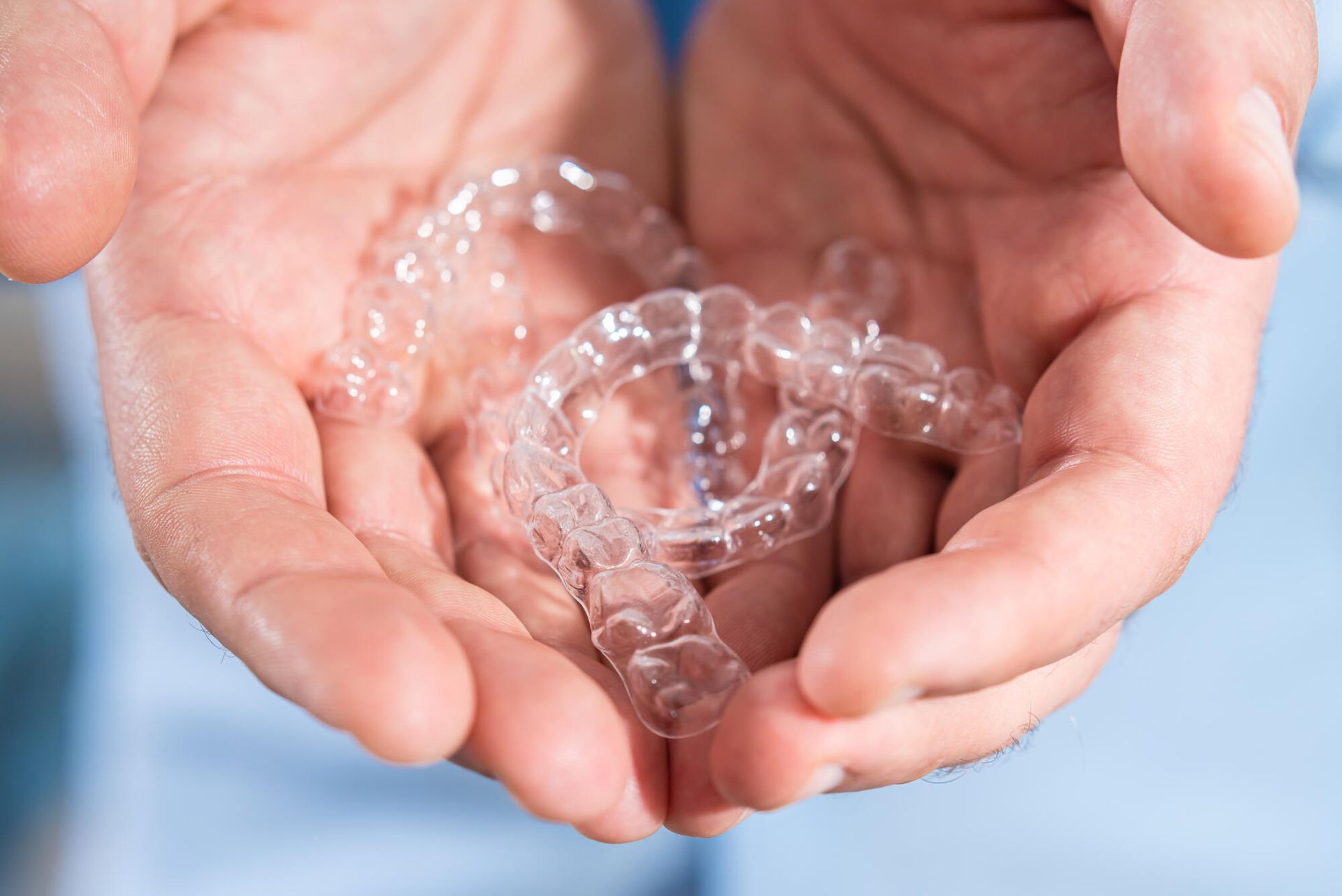Important Insights on How Pregnancy Impacts Oral Health
Dr. Arif Virani
D.M.D
Dr. Arif Virani attained his Doctor of Dental Medicine degree from the University of Pennsylvania.
He performs an assortment of treatments in general dentistry for young children, adults and seniors. Dr. Virani’s passion in dentistry include services such as dental implants, gum grafting and wisdom teeth removal.
When he isn’t working, he enjoys working out, playing sports and keeping up with all the Toronto sports teams. He plays softball in the Bradford Sluggers league. As well, he enjoys dining at new restaurants and spending quality time with his family and friends.
Dr. Virani looks forward to providing you and your family with dental care in a warm and relaxing environment.
How often do you think about the impact of pregnancy on your teeth? Hormonal changes during pregnancy can affect your entire body, including your oral health. According to the CDC, 60 to 75% of pregnant women experience gingivitis, a condition that can lead to more serious gum issues if untreated.
Teeth cleaning health becomes especially important during this time to protect both mother and baby. Join us as we examine how pregnancy affects oral health, explore dental changes, and offer tips to prevent common issues. Let's explore why dental care is essential during pregnancy.
The Connection Between Oral Health and Hormones
Pregnancy brings significant hormonal changes that can impact oral health in noticeable ways. Increased levels of progesterone and estrogen affect how your gums respond to plaque, often leading to inflammation or sensitivity. Changes like these can create a higher risk for gum-related issues, which makes understanding their effects even more critical.
There are three primary ways hormones influence oral health during pregnancy:
- Gum Sensitivity and Inflammation
- Increased Risk of Plaque Buildup
- Potential for Advanced Gum Issues
Gum Sensitivity and Inflammation
Swollen or tender gums during pregnancy are often one of the first signs of hormonal influence. Even routine brushing and flossing can feel uncomfortable or cause bleeding. Addressing this issue early with proper dental care can prevent it from worsening.
Increased Risk of Plaque Buildup
Plaque buildup is a natural occurrence, but pregnancy hormones can amplify the problem. Daily brushing and regular dental visits are key to keeping bacteria under control and protecting the gums.
Potential for Advanced Gum Issues
Periodontitis, a more severeform of gum disease, can develop if pregnancy gingivitis is not managed. The condition may lead to complications, including preterm birth or low birth weight. Proactive care and professional cleanings help mitigate these risks.
Importance of Teeth Cleaning Health During Pregnancy
Maintaining good teeth cleaning health during pregnancy is an important part of protecting both the mother and baby. Hormonal changes can make the gums more vulnerable to inflammation and infection, which can have broader health implications. Regular cleanings and proper care during this time can help prevent potential issues from escalating.
There are three main reasons professional cleanings and oral hygiene are important during pregnancy:
- Managing Gum Disease Risks
- Controlling Plaque Accumulation
- Ensuring Safe and Timely Care
Managing Gum Disease Risks
Gum disease during pregnancy is not just an oral health concern. It can affect overall health.
In severe cases, bacteria from untreatedgum infections may enter the bloodstream, potentially causing complications during pregnancy. Preventing or treating gum disease reduces these risks and helps ensure a healthier pregnancy.
Controlling Plaque Accumulation
Even with good at-home habits, plaque can build up in hard-to-reach areas. Hormonal changes may worsen this problem, leading to gum sensitivity or infection. Professional cleanings are an effective way to keep plaque under control and maintain oral health.
Ensuring Safe and Timely Care
Dental visits during pregnancy are safe and recommended, especially during the second trimester.Routine cleanings and addressing minor issues early can prevent them from becoming larger problems. Dentists can provide care tailored to the needs of expectant mothers, ensuring comfort and safety throughout the visit.
Preventing Dental Issues with Everyday Practices
Maintaining gooddental health during pregnancy involves consistent daily habits. While professional cleanings are important, your everyday routine plays a significant role in preventing common dental issues.
Hormonal changes can make teeth and gums more vulnerable, so these practices are especially important during this time.
Some key areas to focus on for preventing dental issues during pregnancy are:
- Daily Brushing and Flossing
- Healthy Eating Habits
- Avoiding Harmful Habits
Daily Brushing and Flossing
Brushing your teeth at least twice a day with fluoride toothpaste is one of the most effective ways to protect them. It helps remove plaque that can irritate your gums or lead to decay.
Flossing daily is equally important, as it cleans areas between teeth where brushing cannot reach. Using a soft-bristled toothbrush can reduce irritation if your gums feel tender.
Healthy Eating Habits
The foods you eat affect your oral health.A diet rich in calcium, vitamins, and minerals helps support strong teeth and gums.
Dairy products, leafy greens, and nuts are excellent sources of calcium. Limiting sugary snacks can prevent excessive plaque buildup, as sugars feed bacteria that contribute to decay. Drinking water throughout the day helps rinse food particles away and hydrates your mouth.
Avoiding Harmful Habits
Certain habits can have long-term effects onyour oral health. Smoking is a leading cause of gum disease and should be avoided, especially during pregnancy. Chewing on ice or other hard objects can also weaken teeth and cause damage over time.
Myths and Facts About Dental Health During Pregnancy
One common myth is that pregnancy leads to tooth loss. The idea likely stems from older beliefs about calcium being taken from teeth to support the baby's development. In reality, tooth loss is not a normal part of pregnancy.
While hormonal changes can make gums more sensitive or prone to bleeding,proper care prevents long-term issues. Teeth are not depleted of calcium, as the body gets this mineral from other sources in the diet or supplements.
Another myth is that dental treatments are unsafe during pregnancy. Many women worry about the risks of X-rays, fillings, or even cleanings. The truth is that routine dental care is not only safe but recommended.
Dentists take precautions, such as using protective shields during X-rays and selecting pregnancy-safe medications. The second trimester is often the best time for necessary dental procedures, as it minimizes risks andensures the mother's comfort.
Dental Changes During Pregnancy: Gum Disease Prevention
Maintaining teeth cleaning health during pregnancy supports both oral and overall well-being. Hormonal changes can pose challenges, but with proper care and regular dental visits, expectant mothers can prevent issues like gum disease.
At Dentistry on 88, patient care and satisfaction are our priorities. Our Bradford dental team proudly serves Bradford West Gwillimbury and nearby areas like Bond Head, Holland Landing, and Innisfil. We're dedicated to providing personalized care, educating patients about their oral health, and creating a comfortable dental experience.
Get in touch today to learn how we can help with your oral health during pregnancy!













